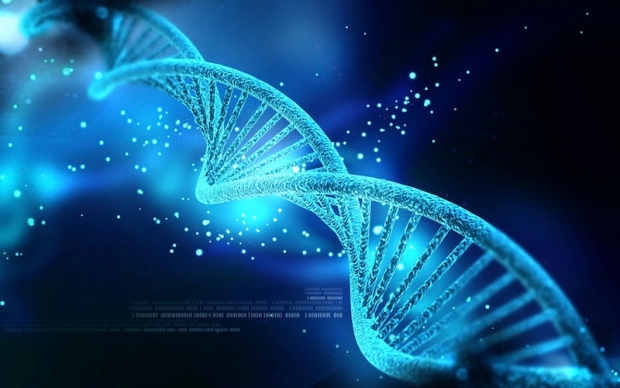Dubbed a nondeterministic universal Turing machine (NUTM), it could execute all possible algorithms at once by taking advantage of DNA's ability to replicate almost perfect copies of itself over billions of years.
Current electronic computers are based on a finite number of silicon chips. A decision to buy a particular chip is a religious experience based on which marketing department of a big multi-national you have sold your soul too.
However, we are hitting the limit for how many we can actually fit in our machines and shrinking the processing is getting rather expensive.
On the agenda are quantum computers that replace the bits of electronic computers with quantum-entangled particles called qubits. Qubits are controlled by potentially dead or alive cats.
Despite concerted efforts all over the world, no one has managed to build a fully functioning quantum computer, presumably because the cats keep heading off to do something more interesting or just falling asleep.
The boffins think that a DNA-based machine might solve that problem. It does not need quantum cats but focuses on DNA replicating – which it is pretty good at.
The University of Manchester said the sequencing of ancient DNA allows it to reliably be copied, and many genes have remained virtually unchanged for billions of years.
The way it works is that if a the DNA comes to a decision fork it replicates itself and follow both paths at the same time.
With both paths covered, the program would figure out which one leads to the end of the maze far quicker than an electronic computer that could only test one at a time.
Ross King said that his computer's ability to grow as it computes makes it faster than any other form of computer, and enables the solution of many computational problems previously considered impossible.
"Quantum computers are an exciting other form of computer, and they can also follow both paths in a maze, but only if the maze has certain symmetries, which greatly limits their use. As DNA molecules are very small, a desktop computer could potentially utilise more processors than all the electronic computers in the world combined - and therefore outperform the world's current fastest supercomputer, while consuming a tiny fraction of its energy," says King.
At the moment, it is all theoretical but King and his team say they have established the feasibility of a DNA-based nondeterministic universal Turing machine (NUTM).
"We demonstrate that this design works using both computational modelling and in vitro molecular biology experimentation," the team reports.
The current design has a few restricted error-correction limits, but it opens up the prospect of engineering NUTM-based computers able to outperform all standard computers on important practical problems."
The team has also demonstrated that DNA is physically strong enough to act as processors in this set-up - something that previous experiments have also shown - and say it's now up to someone to build this thing for real.
That will take years of course and by then we will all have our rocket packs and there will be peace in the Middle East.




